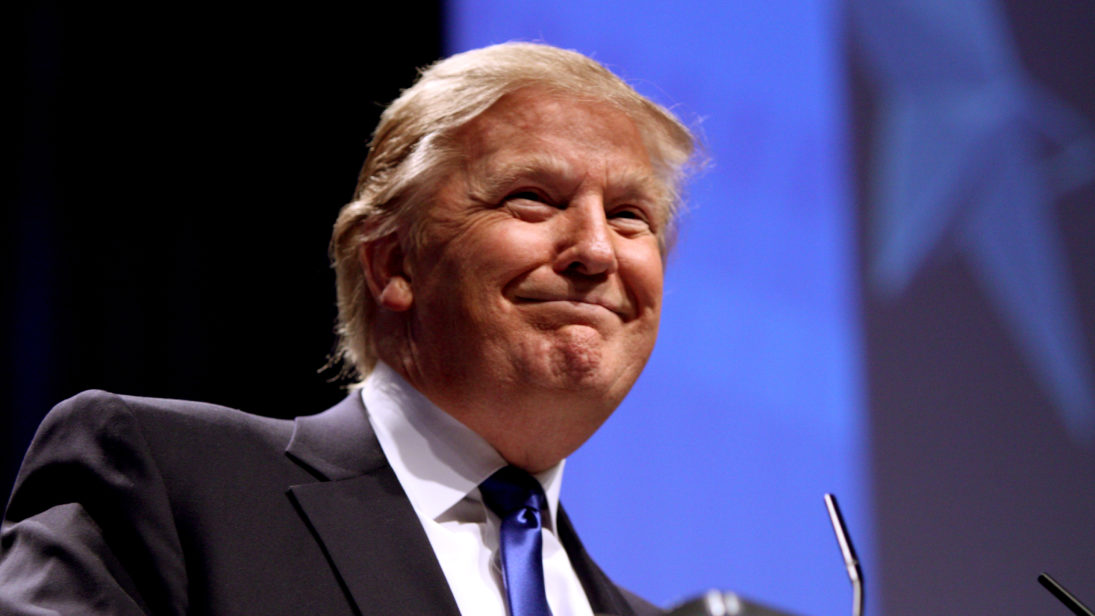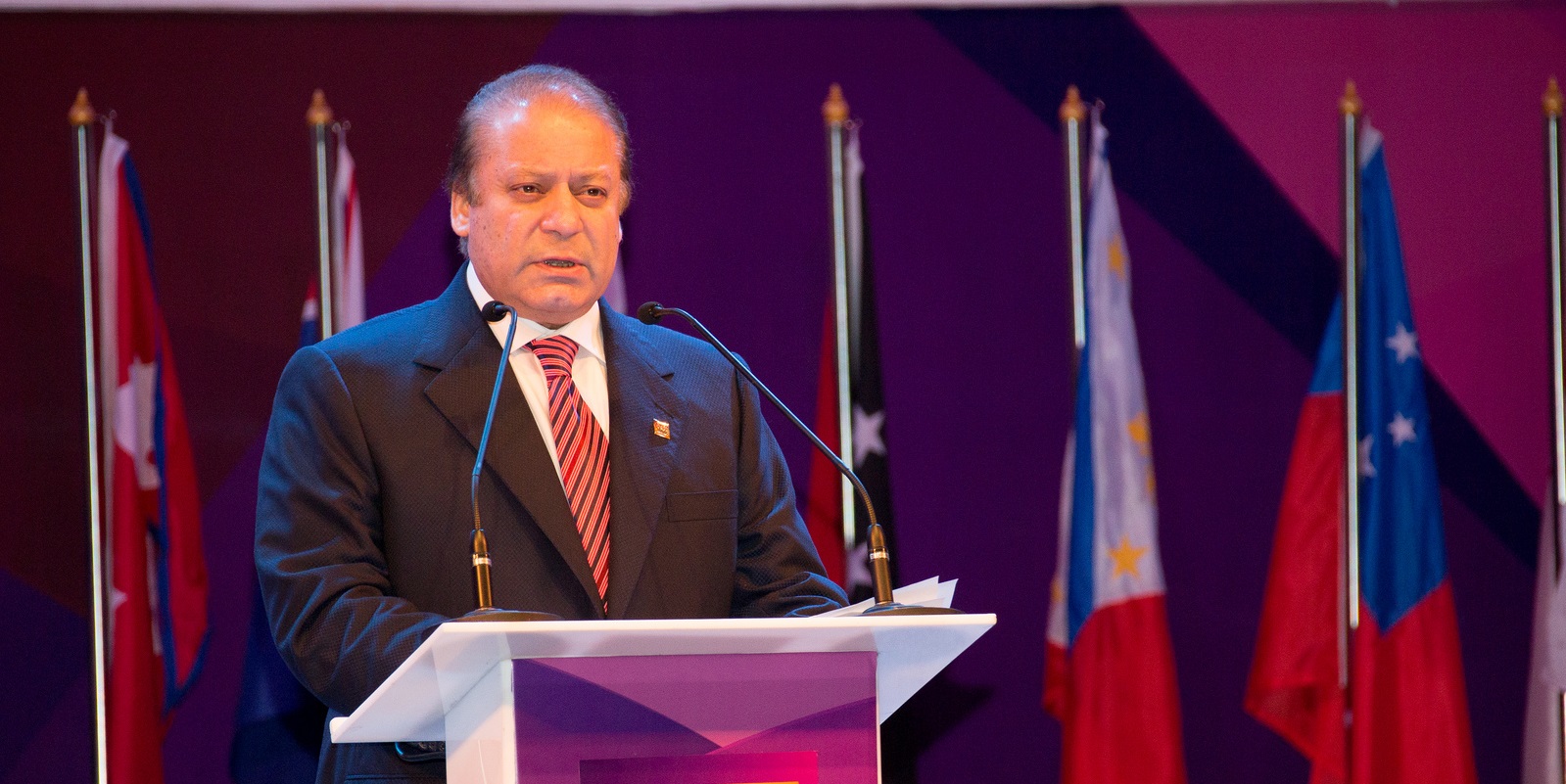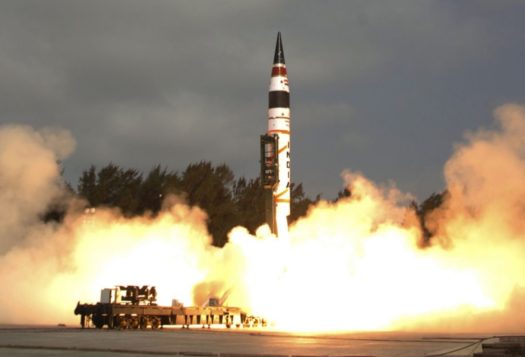
The election of Donald Trump as the 45th president of the United States has made many re-adjust their calculations. In a self-introspecting mood, assessments criticizing blind faith in the “power” of liberalism have become common. Speculations related to what President-elect Trump could do once he is in the White House have become equally common. This speculation extends to what President-elect Trump’s Pakistan policy will look like.
This concern emerges from the fact that Trump rarely discussed Pakistan during his campaign. While it may be tough to predict which path President-elect Trump will take, insights from his campaign and electoral journey can give us some hints on what could be in store for Trump’s Pakistan policy.
General View on Foreign Policy
An important inference one can draw is that Trump’s foreign policy will be driven by his domestic policy. His electoral campaign was calibrated more to address domestic American interests, which in being directly or indirectly connected to America’s misadventures abroad, inserted foreign affairs into a campaign that was largely about promises to tackle in-house social, economic, and political insecurities. Trump made sure that most of his discussions on American foreign priorities were connected to national concerns, to both hide his evident lack of knowledge on international matters and recognize what his voter base cared about.
Therefore, in light of the linkages he drew between his national and international priorities, it is quite possible that his foreign policy objectives will reflect three particular dimensions of his domestic policy: elimination of Islamic fundamentalism, make in America, and need for instant results.
United States-Pakistan Relations Under Trump
Having made it clear that American interests will be his first priority, it can be expected that ties between the United States and Pakistan under Trump will experience a few hiccups initially, which could include minimization of aid (or its discontinuation), as well as restrictions on trade and movement of people. However, Trump’s Pakistan policy will certainly not go to the extent of severing ties through its declaration as a “state-sponsor of terrorism” as many, particularly in India, are cheerfully speculating.
If Trump were to live up to his rhetoric on wanting rapid results and combating Islamic fundamentalism, this might actually make his administration more dependent on having a working relationship with Pakistan. Pakistan, whether one likes it or not, continues to be central to restoring peace in Afghanistan. A conscious neglect of Pakistan would thus not be in the interest of a Trump administration seeking to end its longest war. Also, since U.S. foreign policy has long hyphenated Pakistan and India, isolating Pakistan would amount to a thoughtless and rash re-orientation of this policy because this ostrich-syndrome could beset U.S. engagements in South Asia with a lot of trouble. Deliberate ignorance of Pakistan could make America blind to the consequences of its engagements in the region, which continue to be defined by Pakistan-India tensions.

The strategically significant location of Pakistan is another reason why the United States would stand to gain less from isolating the country. Apart from providing the closest (if not the safest) entry into Afghanistan through ports and otherwise, Pakistan’s geography makes it a conduit that America would not like to clog with hostility. Also, since Pakistan has been embedded in the ambitious Chinese One Belt, One Road initiative – courtesy the China-Pakistan Economic Corridor – as a significant commercial and strategic hub, it would become rather difficult for the United States to isolate Pakistan. Presence of extremists within its territory and nuclear weapons are a few other reasons which make Pakistan hard to ignore. Thus, apart from some financial restrictions and maybe even a temporary hold on immigration, it is unlikely the 45th U.S. president would go any harder on Pakistan.
Importantly, a sweeping shift within Pakistan on the issue of confronting terrorism is already underway. This internal change was triggered by a terrorist attack on the Army Public School in Peshawar in December 2014 that left more than 140, mostly students, dead. Additionally, the recent diplomatic spat with India, over resurfaced tensions in Kashmir, has brought out in the open something that had been speculated for long: contention between the civil and military establishments. The Cyril Almeida story that reported the deepening divide between the civilian and military establishment over Pakistan’s actions on terrorism, and its aftermath (placing Almeida on the Exit Control List) indicate an increasing sense of civic frustration with the establishment in the country. Thus, in these circumstances, Pakistan is under pressure to discontinue state patronage to “strategic assets” (known as proscribed terror outfits to the rest of the world). In such a case, as Pakistan stays committed to addressing the terrorism challenge, United States and Pakistan ties could witness an upswing, as the priorities of the former are met and the latter, domestically, reaps its dividends.
Conclusion
In the meantime, it is expected that American foreign policy towards Pakistan will continue as is. Much buzz has been generated by President-elect Trump’s phone call to Prime Minister Nawaz Sharif, in which Trump addressed Sharif as a “terrific guy” and the Pakistani people as “amazing,” saying he is willing to help Pakistan “address its existing problems.” No longer a Republican candidate but the would-be President of the United States, it is expected that Trump’s apparent indifference to and ignorance of international dealings will be replaced with an understanding of the importance of a globalized, interconnected, and stable world.
***
Image 1: Gage Skidmore, Flickr
Image 2: ITU Pictures, Flickr (cropped)


